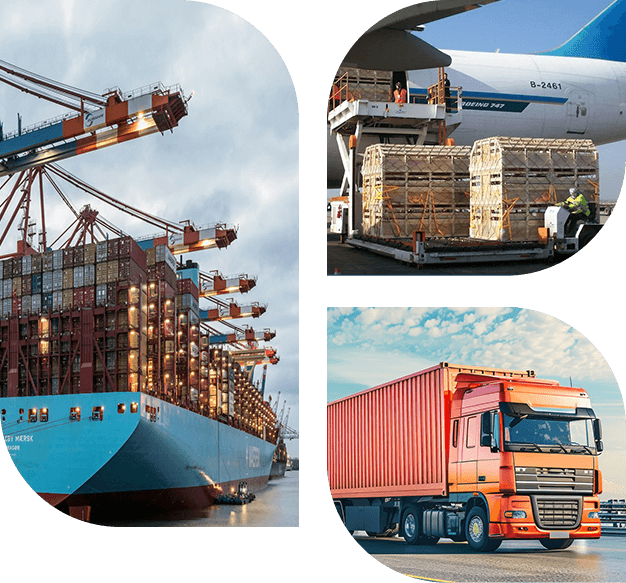The Indispensable Backbone: Unveiling the Significance of an Effective Transport System
In today's fast-paced world, an efficient and reliable transport system plays a pivotal role in shaping the economic, social, and environmental aspects of a society. From facilitating the movement of goods and people to reducing congestion and pollution, an effective transport system is crucial for sustainable development. This article delves into the multifaceted importance of a well-functioning transport system and explores its far-reaching impacts.
- Enhancing Economic Growth:
An effective transport system acts as a catalyst for economic growth by facilitating the movement of goods and services. It enables businesses to access raw materials, reach markets, and connect with suppliers and customers efficiently. By reducing transportation costs and improving connectivity, it stimulates trade, attracts investments, and boosts productivity. Additionally, a well-developed transport system creates employment opportunities, particularly in the logistics and transportation sectors, further contributing to economic prosperity. - Fostering Social Connectivity:
Transportation is the lifeline that connects communities, enabling individuals to access education, healthcare, employment, and recreational opportunities. An efficient transport system ensures social inclusion by bridging the gap between urban and rural areas, reducing disparities, and promoting equal access to essential services. It enhances mobility for vulnerable groups, such as the elderly and disabled, fostering social cohesion and improving overall quality of life. - Mitigating Environmental Impacts:
With the growing concern for environmental sustainability, an effective transport system plays a crucial role in reducing carbon emissions and combating climate change. By promoting the use of public transportation, cycling, and walking, it helps decrease reliance on private vehicles, thereby reducing air pollution and congestion. Additionally, efficient logistics and freight transportation systems optimize routes, minimize empty trips, and promote the use of eco-friendly technologies, contributing to a greener and more sustainable future. - Ensuring National Security and Resilience:
A robust transport system is vital for national security and resilience. It enables the swift movement of military personnel, equipment, and supplies during emergencies or times of conflict. Moreover, a well-connected transport network enhances disaster response and recovery capabilities, ensuring the timely delivery of aid and support to affected areas. By strengthening the resilience of critical infrastructure, a reliable transport system safeguards the nation's security and ability to withstand unforeseen challenges.
Conclusion:
In conclusion, an effective transport system is a linchpin for economic development, social connectivity, environmental sustainability, and national security. Its impact extends far beyond mere transportation, influencing various aspects of our lives. Governments, policymakers, and stakeholders must prioritize investments in infrastructure, technology, and sustainable practices to ensure the continued growth and resilience of transport systems worldwide. By doing so, we can pave the way for a more connected, prosperous, and sustainable future.


